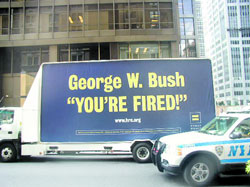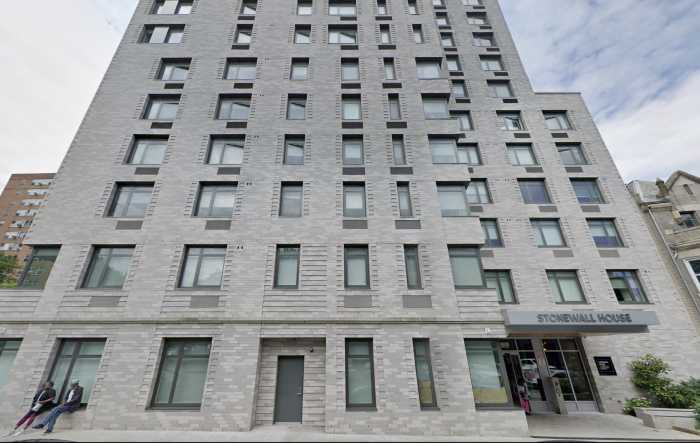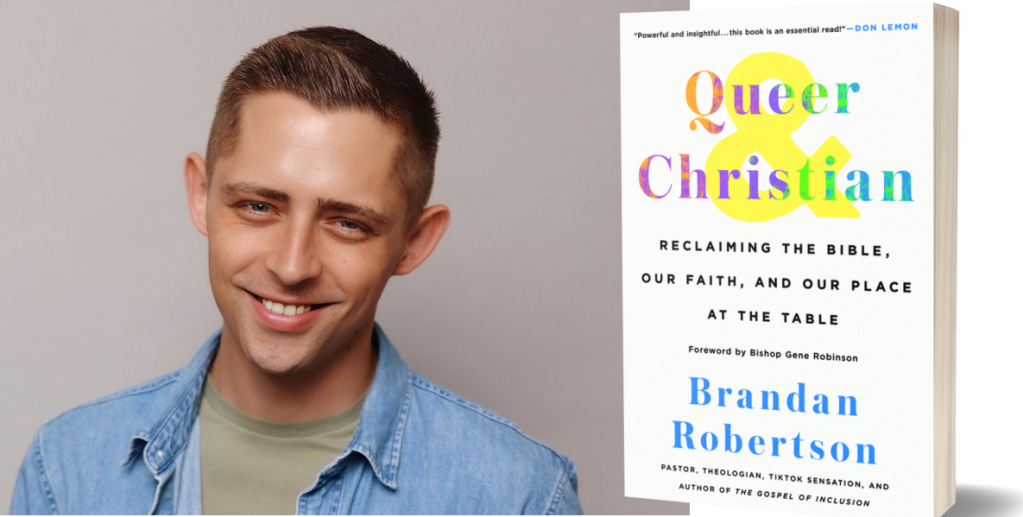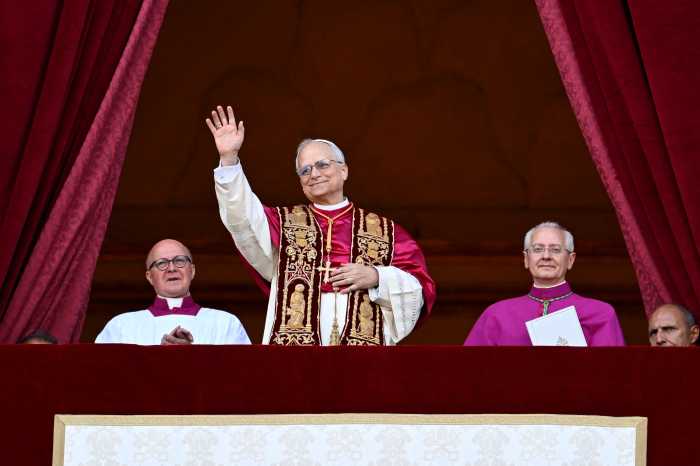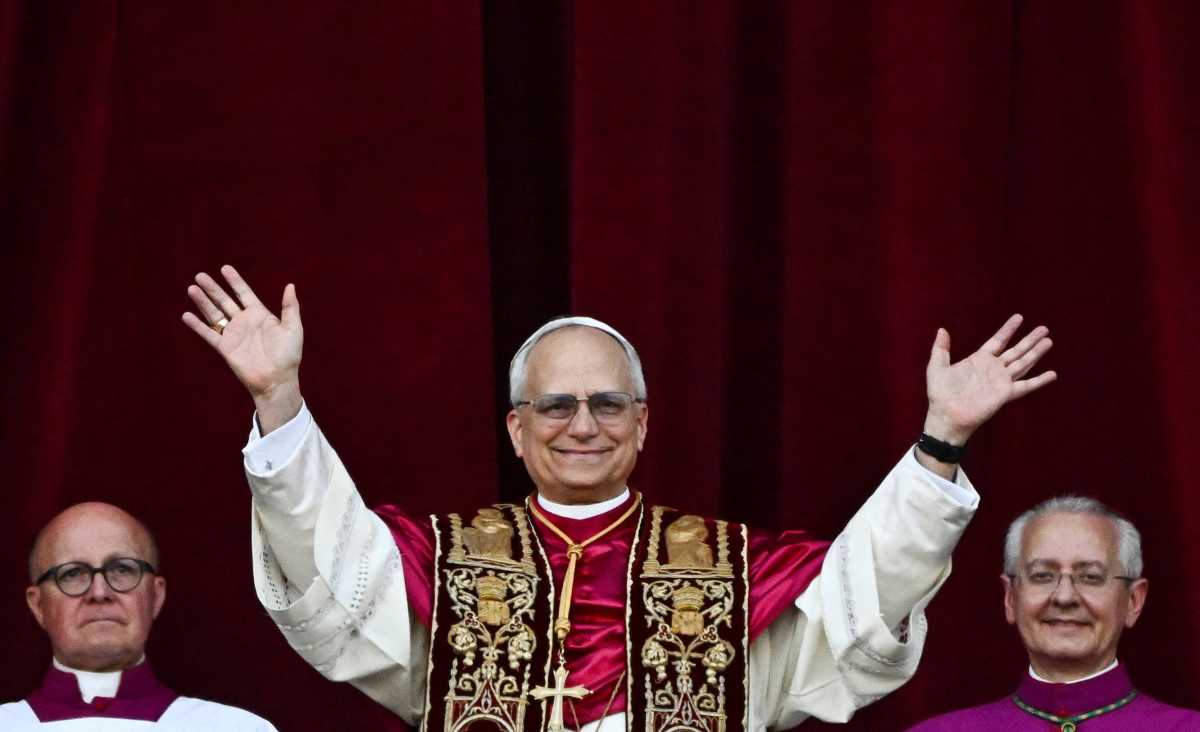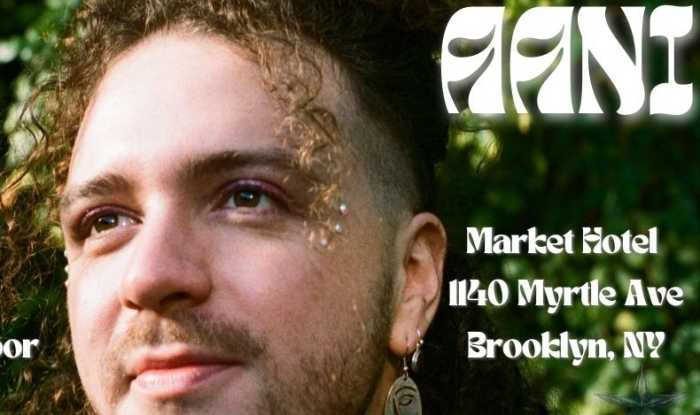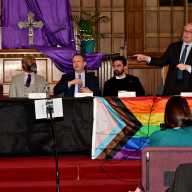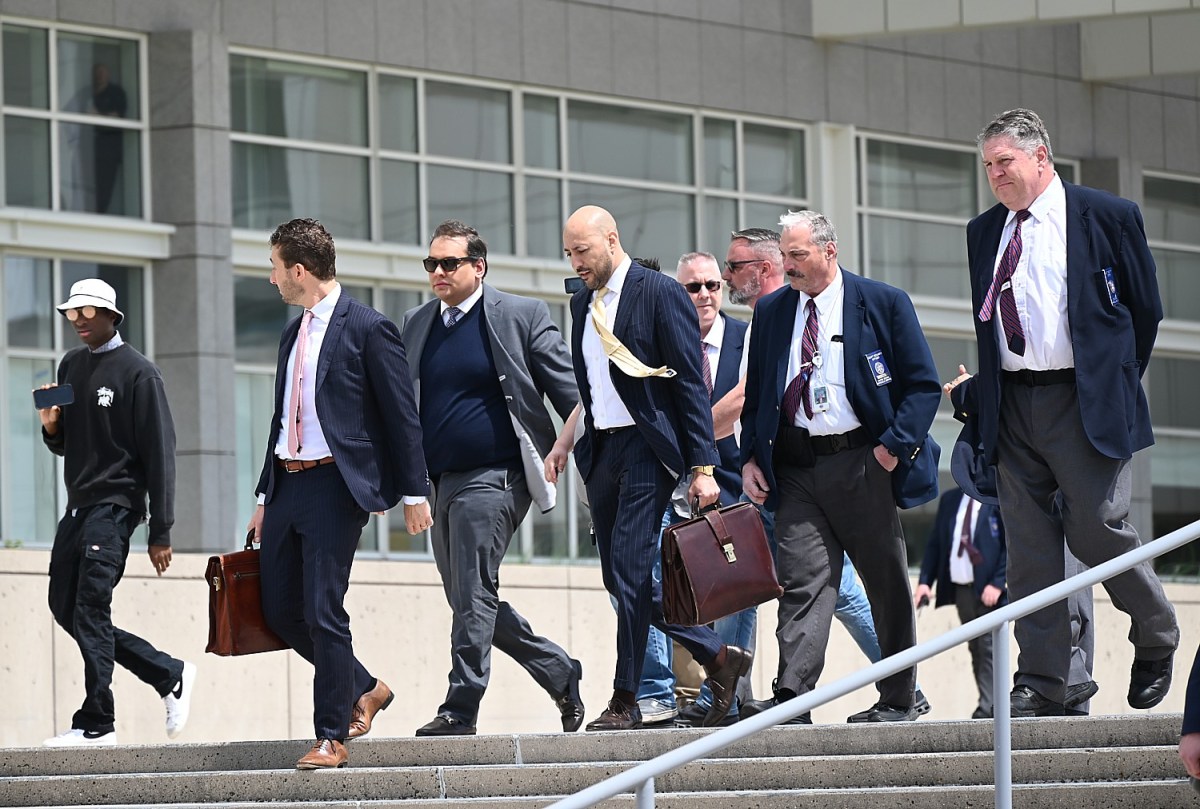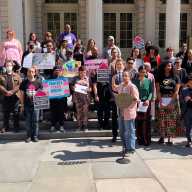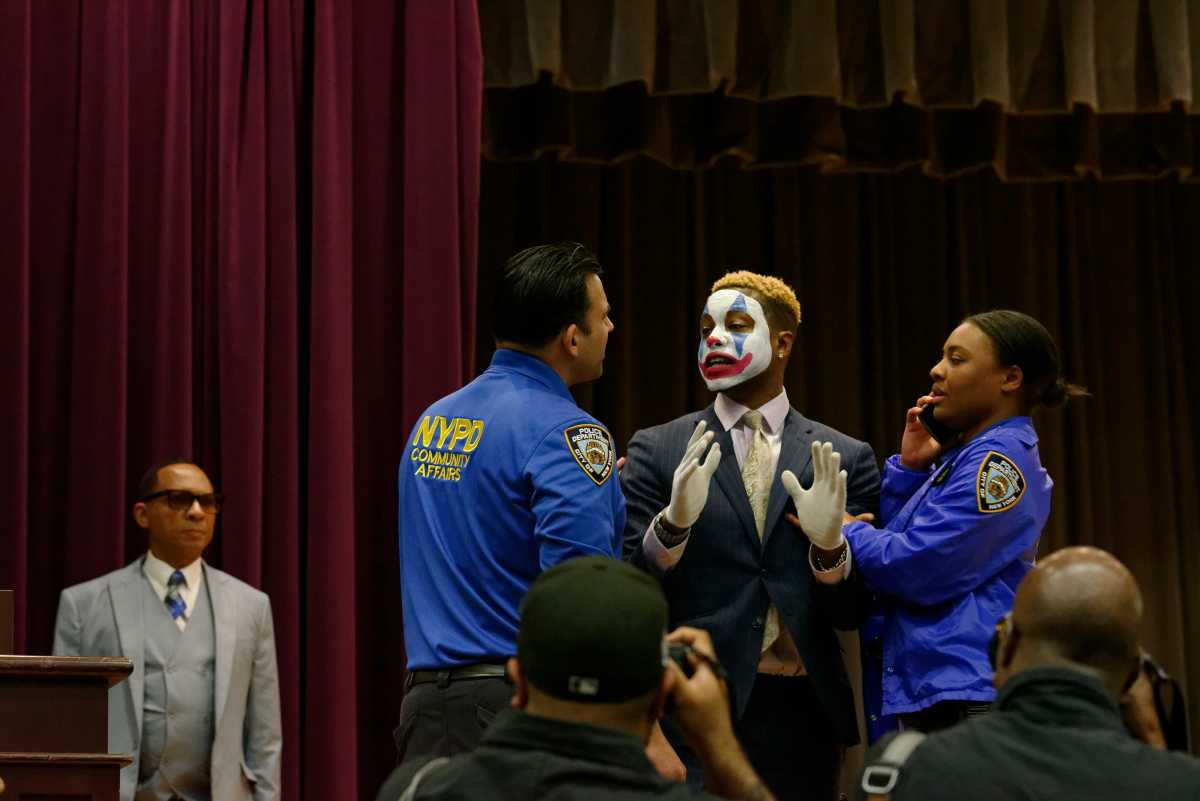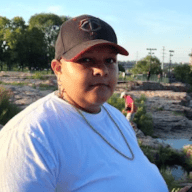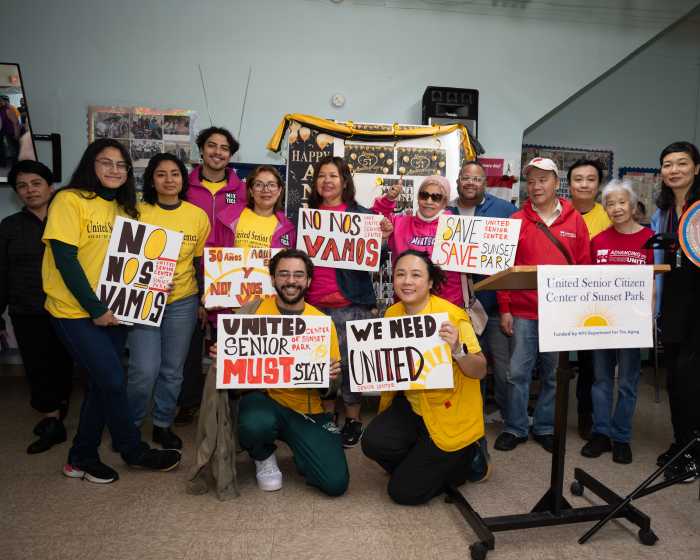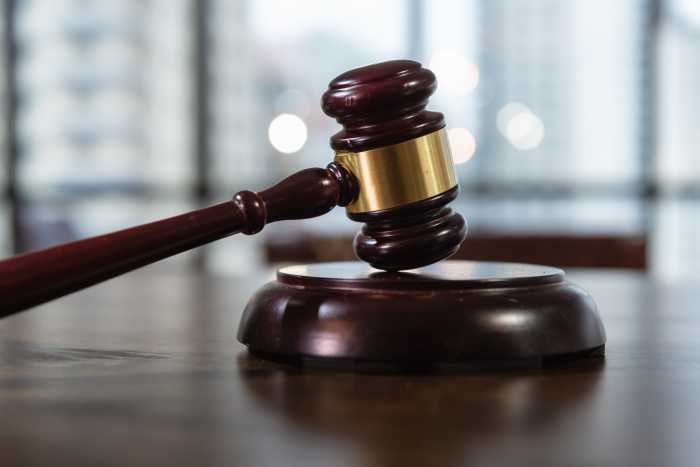Cheryl Jacques in New York for convention hammers at Republicans’ moderate pose
Standing outside a Midtown hotel in Manhattan waiting for a press conference to start, Cheryl Jacques expressed confidence that on November 3 George W. Bush will start packing for his return home to Texas.
“I agree wholeheartedly that this is a tough election, it’s neck and neck, but I am confident that the people of America are paying attention to this extremist leader,” said the president of the Human Rights Campaign (HRC), the nation’s largest queer lobbying group.
HRC endorsed Massachusetts Sen. John Kerry in June and since then the organization has thrown its full weight behind the Democratic presidential nominee.
On August 31, as Jacques spoke with Gay City News, she was waiting for four billboard trucks to arrive. Each one carried a large sign reading, “George W. Bush, You’re Fired” and HRC paid for them to drive around Midtown Manhattan during the Republican National Convention.
“The signs you see today ‘George W. Bush, You’re Fired’ are going to be reality TV on November 3,” Jacques said.
Jacques spoke at the Democratic National Convention on July 28. HRC has worked to counter the moderate image the Republicans shown Americans at their convention.
On August 30, HRC joined with the National Black Justice Coalition (NBJC) and called on the president to reject three convention speakers who have made “deeply offensive comments about [gay, lesbian, bisexual and transgender] Americans” in the past.
A performer at the Republican convention accused homosexual Americans of “trying to kill our children;” a speaker compared efforts at winning same sex marriage to “the atrocities of Hitler;” and another said the “gay lifestyle… endangers family, children, and the core of society,” according to the press release HRC issued with NBJC.
The Republican Party platform supported an amendment to the U.S. Constitution that would ban same-sex marriage. In a swipe at civil unions and domestic partnerships, the platform added that “legal recognition and the accompanying benefits afforded couples should be preserved for that unique and special union of one man and one woman which has historically been called marriage.”
In February of this year, Bush endorsed that amendment and he has repeated his support for that effort several times since then. In his convention acceptance speech on September 2, Bush twice specifically criticized the drive for same-sex marriage.
The convention did not give this rhetoric a high profile during the lead up to the president’s speech, however. It featured speakers such as former New York City Mayor Rudy Giuliani and New York Gov. George Pataki. Both have signed gay-friendly legislation. This strategy has been called “putting lipstick on a pig,” but Jacques believes most Americans will not be convinced.
“They are seeing a president who talks the talk of moderation on the campaign trail, but in the party platform, which he pulled all the strings on, we are seeing one of the most discriminatory, most extremist party platforms in modern times,” she said. “I think that is all going to come home to roost on November 2.”
The Republican National Committee did not respond to a call seeking comment.
If Bush loses on November 2, the social conservatives who wrote the platform could be blamed. That might mean their influence in the Republican Party, which is substantial, could wane. Some commentators have suggested that happened after the 1992 election when the voters elected Bill Clinton and fired George H.W. Bush after one term.
“We saw this after Pat Buchanan and the cultural revolution convention that cost George Bush senior the election,” Jacques said. “We saw a lot of analysis that said they had gone too extreme, they had allowed the extremists to take over the party. They tried to move back to the center… well, they have gone back to the extreme again.”
If Bush wins, the queer community will have four years with a right-wing president who is unencumbered by concerns about winning another term.
“If they win they will think this was a winning strategy and we will see a lot more gay bashing and extremism,” Jacques said. “It’s why this election is critical. The air could be out of this balloon on November 3—the gay bashing balloon—or we could be living through more years of it until that lesson is learned.”
This is not to say that November 2 will be the decisive battle in the long running war between the right wing and the queer community. The social conservatives are dominant in many states and they have shown strength in some unexpected places. In Pennsylvania’s April Republican primary, they ran conservative U.S. Rep. Pat Toomey against Sen. Arlen Specter, a longtime moderate. Specter won, but just barely.
“I’m not predicting a clean sweep where… the evangelical right and the fundamentalists will say we should be more moderate and more tolerant in our viewpoint,” Jacques said. “The question is will the Republican Party continue to cave in to their demands?… Today we’re seeing a president who is literally walking their agenda through the White House and through this country.”
Even if Bush wins, the perceived wisdom of currying favor with the right could be offset by Democrats taking back the Senate.
Currently in the Senate, there are 51 Republicans, 48 Democrats and one independent who caucuses with the Democrats. The House of Representatives with 229 Republicans, 205 Democrats and one independent is expected to remain in Republican control.
“In the Senate, I think, there is a reasonable chance of winning back control for the Democratic Party and having important leaders like Tom Daschle calling the shots,” Jacques said. “That would be an incredible sea change for this gay civil rights movement… I think the House is a longer stretch and not something that can be done in this election cycle, but hopefully we can continue to work putting good leaders in charge of the Congress.”
We also publish:


